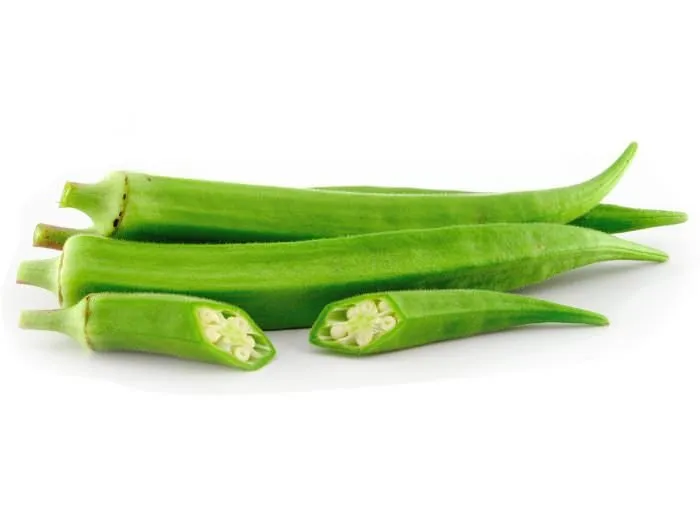
Okra is a flowering plant, known as the finger or Bhindi in different parts of the world, and is most popular for its fruit. The interesting scientific name for this plant is Abelmoschus esculentus, whose origin is still unknown. Controversial research shows that it may have originated in South Asia, West Africa or Ethiopia, but the jury is still not confirmed.
Health Benefits of Okra
Provides Variety of Nutrients
Okra contains a lot of essential nutrients - protein, fiber, calcium, iron and zinc. Therefore, it qualifies as an effective economic tool for the treatment of global malnutrition.
Improves Digestion

The good part of adding Okra to diet is to enhance the digestible fiber into your food. Mucus fibers found in okra can help food pass through the digestive tract by increasing volume.
Improves Vision

Okra contains very high levels of vitamin A, as well as antioxidants such as beta-carotene, xanthine, and lutein. Antioxidants are powerful compounds that destroy or neutralize free radicals, which are dangerous by-products of cellular metabolism.
Boosts Immunity

Okra's different antioxidants make it very useful against free radicals. High vitamin C levels also help the body's immunity to stimulated. This vitamin can stimulate the immune system to produce white blood cells that can resist foreign pathogens and substances in the body that can weaken the immune system.
Lowers Blood Pressure

Okra contains a high amount of potassium, minerals and vitamins, that will help a lot to the human for good health. Homeostasis can be balanced by potassium in the body.
Skin Care

Vitamin A acts as an antioxidant and also protects the skin, speeds healing, reduces the appearance of scars and acne, and eliminates wrinkles.